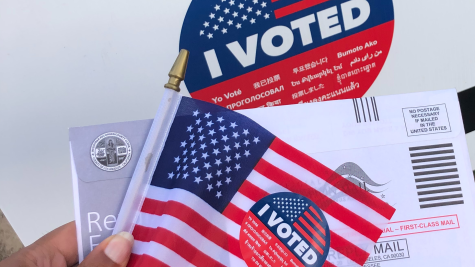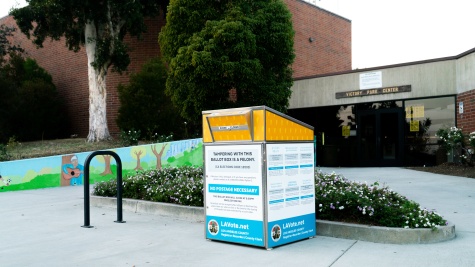Meet the Team: Jason Rhode
The newest member of the Lab introduces himself
We added a new member of our team last month; it's time for you to learn a bit about him!
How long have you been at the Lab? What do you do?
I just joined! My first day with this great team was in late April. As Program Coordinator, I take care of the day-to-day administration of the Lab. Essentially, I use my operational, organizational, and problem-solving experience to help deal with the exciting, ever-changing landscape of election data and science. On a given day, I might help decide which jobs MEDSL should tackle, advise on data infrastructure, run an event, work on accounts, schedule travel, talk to stakeholders, or anything else that comes up.
What were you working on before you joined MEDSL?
"Involved in politics" is a good summary. Before MEDSL, I worked at Princeton University's Gerrymandering Project with a wonderful group of data scientists, mathematicians, legal thinkers, and communications professionals. I spent my time organizing, publicizing, handling logistics, and building structures to support fair redistricting in all fifty states. Prior to Princeton, I was a political professional who served on two campaigns, and even had a career in the media.
How did you become interested in elections?
I consider it a near-biological necessity, similar to being emotionally invested in food, water, and air: how could you not be interested in elections? But "since forever" isn't specific enough, so let me narrow it down. I remember the first election I was cognizant of. My family's favored candidate didn't win. That was the dawn of awareness: there were political competitions, these contests were important, and the outcome determined the arrangement of the world around me. I haven't been able to look away since. From there it was a very short trip to actually writing about, and then working in, politics. Let this be a lesson to all impressionable youth who read about Congress at an early age: eventually you'll use phrases like "Big if true" unironically.
What's your favorite fun fact?
There are more ways to arrange a deck of 52 cards than atoms in the universe. Understanding this makes your last poker hand seem that much more reasonable.
What MEDSL project are you most excited about?
I'm enthusiastic about the ongoing rollout of the 2020 Election Performance Index. The EPI will show just how the American electoral system held up under the stress of pandemic, misinformation, and record turnout. Everyone knows the 2020 Election was historic; when completed, the Index will add yet another level of understanding. Research endures when it provides more inquiries than answers. Who knows what unexpected questions the EPI will reveal?
In a larger sense, all of our projects fascinate me. The Lab benefits from two positive movements in our civic discourse. First, Americans have a greater awareness of how institutional structures affect public life. Second, there is a desire for rigorous, quantitative political analysis. The Lab's work draws from both of these trends, and is well-positioned to play a helpful role during this era of data in politics.
Bonus Round!
Favorite part of MIT:
I love that elevator doors in our building stay open on the ground floor; it’s like they’re waiting for us.
Favorite part of Boston/Cambridge:
Fast, charming, frequent, the T is unreasonably endearing.
Favorite productivity hack:
Get a notecard or envelope. Draw a line three-fourths of the way down. Above it, list 4-5 important things you have to do. Below it, two things you'd like to do (but don't have to). Having arbitrary limits in place forces you to make healthy decisions about priority and relevance; having only a few items helps with the all-important question of focus.


